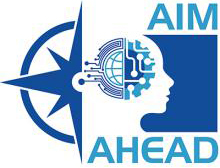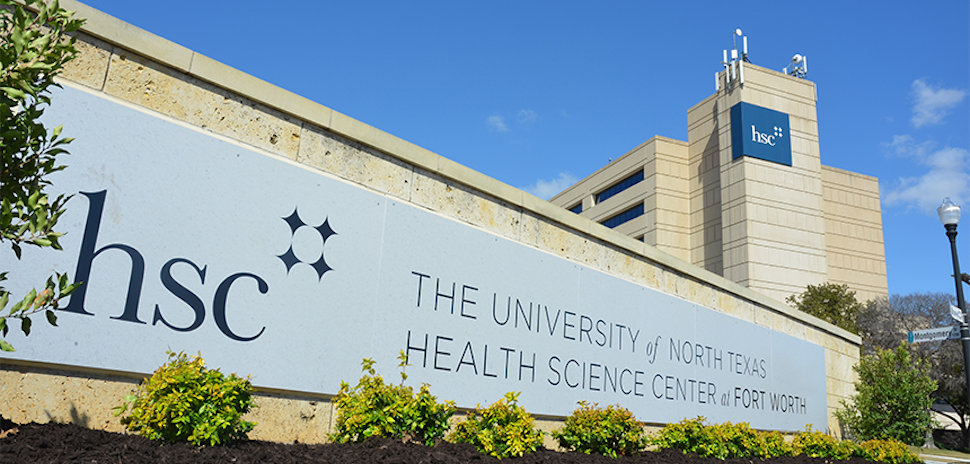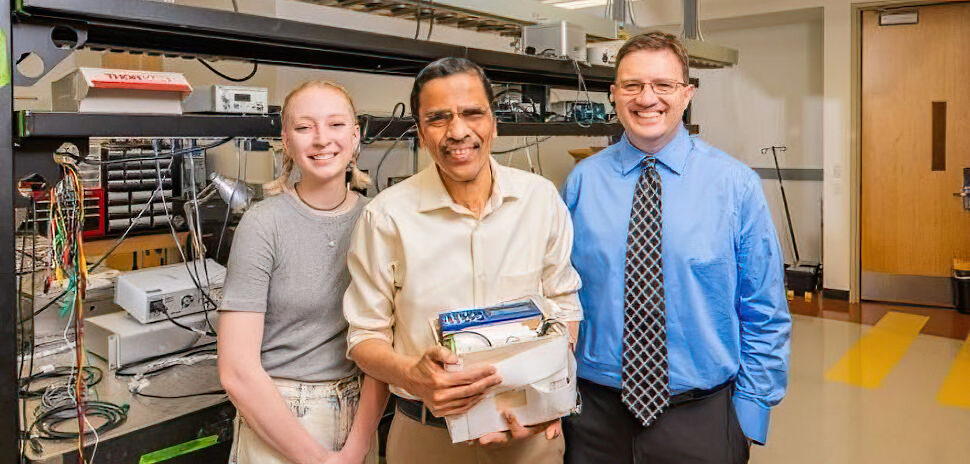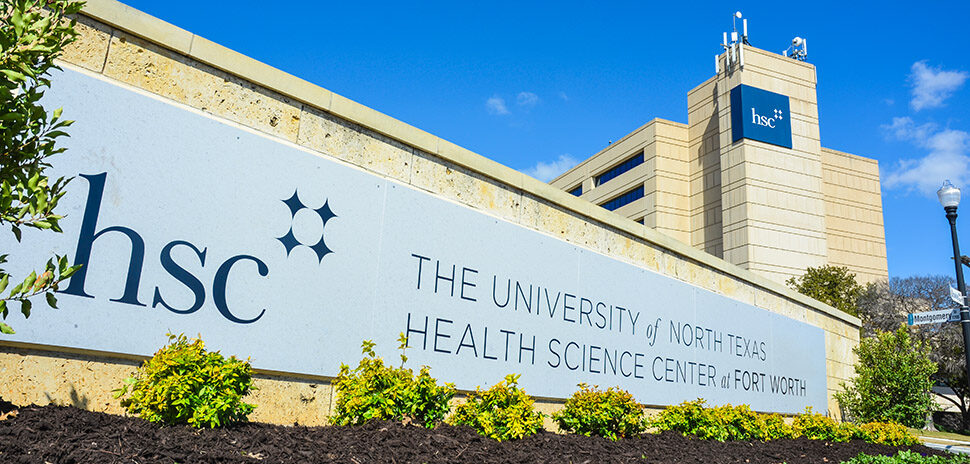Inequities in healthcare aren’t just unfair—they can be deadly. According to the CDC, health equity can only be achieved when every person has the opportunity to “attain his or her full health potential” and no one is “disadvantaged from achieving this potential because of social position or other socially determined circumstances.”
A new $50 million award from the National Institutes of Health aims to help achieve that. The UNT Health Science Center at Fort Worth (HSC) will use the award to lead the coordinating center for the AI/Machine Learning Consortium to Advance Health Equity and Researcher Diversity, called AIM-AHEAD.

Dr. Michael Williams, UNTHSC President [Photo: UNTHSC]
NIH funds AIM-AHEAD program
HSC will lead the multi-institutional coordinating center, which will combine expertise on community engagement, AI/ML, health equity research, data science training, and data infrastructure.
“HSC is thrilled to be leading this important work in health disparities,” said Dr. Michael Williams, HSC president, in the statement. “The award from NIH to lead the AIM-AHEAD program solidifies HSC as a leader in this critical area and will ensure we continue our mission of creating solutions for a healthier community for many years to come.”
From quality of life to rates of disease and death
Health inequities show up in differences in length of life; quality of life; rates of disease, disability, and death; disease severity; and access to healthcare, the CDC says.
One way to combat these inequities is using AI and machine learning to identify causes and find solutions. But the AI/ML field currently lacks diversity in both its researchers and its data—creating gaps that threaten the health of millions of underrepresented people.
AIM-AHEAD was created to close those gaps, which can create harmful biases in how research is developed and interpreted.
“This consortium will bring together research institutions, minority-serving institutions, private sector and community organizations in mutually beneficial, coordinated, and trusted partnerships to enhance the participation and representation of researchers and communities currently underrepresented in the development of artificial intelligence and machine learning,” said Dr. Jamboor Vishwanatha, Regents Professor and vice president, in a statement.
Vishwanatha will lead the AIM-AHEAD Coordinating Center.
“Through this consortium we will harness the benefits of this technology to address health disparities in our communities,” he said.
Contract could grow to $100M
The project’s initial phase started on September 22 and runs through September 2023. The contract amount for two years is $100 million, with future funding based on allocations from the federal budget.
From genomics to imaging and social determinants of health
The program aims to build and advance AI/ML approaches using electronic health records and a wide range of other data—including genomics, imaging, and social determinants of health—to redress health disparities and advance health equity.
Attracting researchers from diverse backgrounds
One big goal will be providing training on research and implementation of AI/ML to prepare new data systems that can be used by researchers from diverse backgrounds, including those from underrepresented groups.
HSC believes underrepresented communities have untapped potential to contribute new expertise, data, recruitment strategies, and cutting-edge science to the AI/ML field.
To tap that potential, the program will strive to increase the participation of researchers and communities that are currently underrepresented in AI/ML modeling and applications through “mutually beneficial partnerships.”
NIH envisions a network of highly diverse institutions
The NIH envisions this funding as leading to “a researcher and data network of highly diverse institutions with the capacity and interest to contribute their own data.”
“This network will be foundational to achieving the goals of the AIM-AHEAD program,” said NIH Associate Director for Data Science Susan Gregurick, Ph.D, “which include providing more inclusive data for health disparities research, and enhancing the diversity of AI/ML leadership,”
Senator Cornyn, Fort Worth mayor eager to “break down barriers”
“The city of Fort Worth is honored to partner with HSC and NIH on this important work as we continue to break down barriers that create health disparities,” added Fort Worth Mayor Mattie Parker. “This is meaningful work that supports our mission of creating opportunity for all in Fort Worth regardless of zip code. We look forward to this opportunity to help drive meaningful change and create solutions around health inequities and disparities in our neighborhoods.”
Senator John Cornyn sees the move as a boon to STEM fields in Texas.
“Our world’s increasing reliance on technology and data means strong STEM-focused minds will continue to be in high demand, and we should give Texans in these fields every advantage to succeed,” Cornyn said in the statement. “I applaud this announcement and will continue to do everything I can to support young minds in Fort Worth.”
![]()
Get on the list.
Dallas Innovates, every day.
Sign up to keep your eye on what’s new and next in Dallas-Fort Worth, every day.


































































